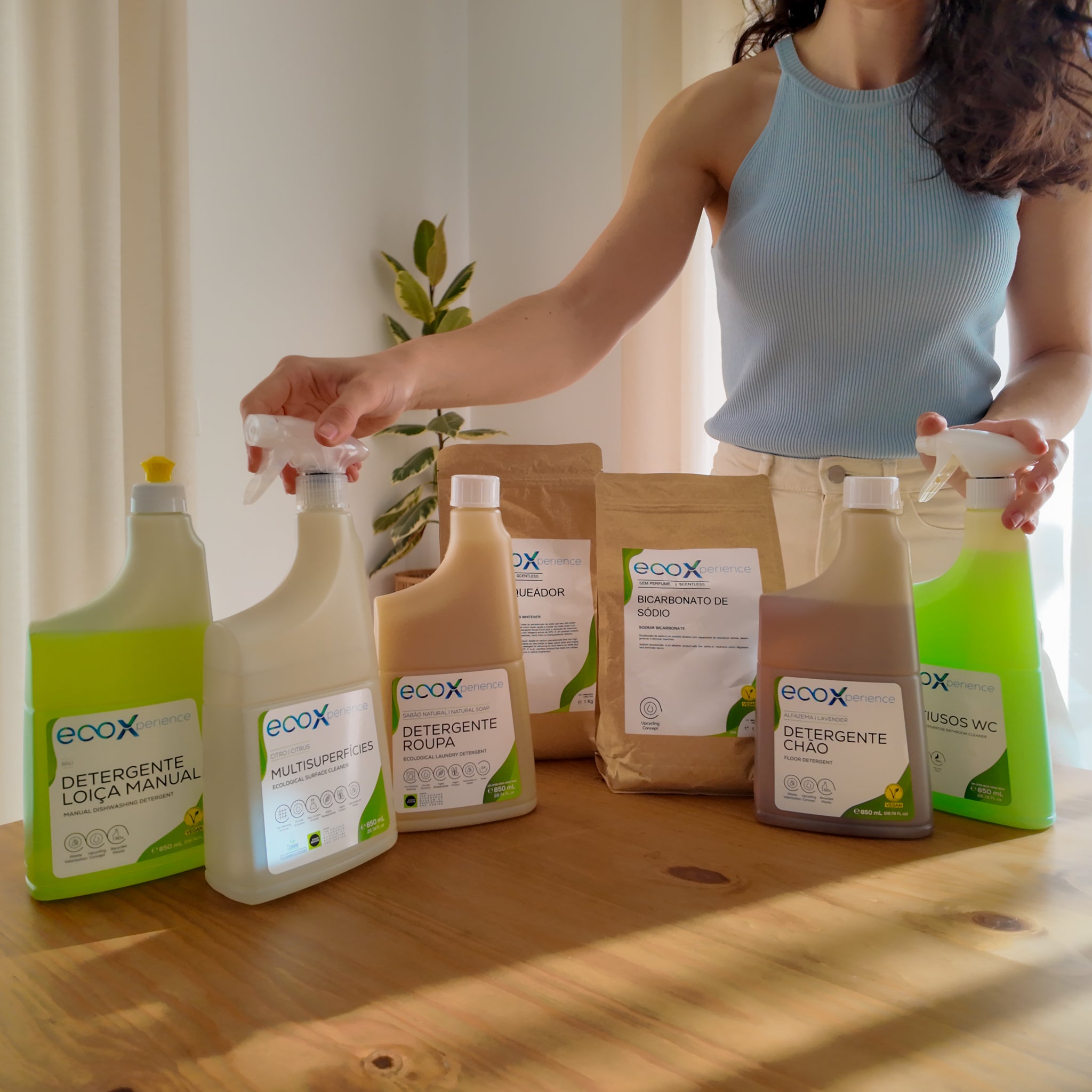
APPACDM: its importance in sustainability
The Portuguese Association of Parents and Friends of the Mentally Disabled Citizen is an institution that supports citizens and “(…) fights daily so that the world in which they live is increasingly inclusive of differences, fair and equitable.”
Therefore, its mission is to help every person with mental disabilities or incapacities to have a good quality of life and to be happy as a human being, being able to feel part of society.
The institution responds to several areas within its scope of action: Early Intervention, Dandélio Daycare and Kindergarten, Resource Center for Inclusion, Resource Center for IEFP.IP, Professional Training, Occupational Activities Center, Residential Homes and Home Support.
The commitment to innovation and social entrepreneurship, as well as the appreciation of citizens, is a daily reality at APPACDM, which was founded in 1962. And what is its role and importance in terms of sustainability? Find out everything in this article.
APPACDM in sustainability
In addition to its important role in the inclusion and support of citizens, it has several services such as the Temporary Family Support Service, the Integrated Center for Intellectual Development, the Physical Medicine and Rehabilitation Center, Maintenance of Green Spaces, Tea House, Collection of Used Cooking Oils, Car Wash, Quinta da Fonte Quente Holiday Center, Academia dos Saberes and Idem Aspas.
Collection of used cooking oils
Despite the importance of all these services within our scope of action, we will focus on the collection of used cooking oils.
Used cooking oil is a waste produced by the Horeca sector and by the end consumer that has negative impacts on the planet at several levels:
- Houses: causes problems with blockages in pipes and drainage systems in buildings
- Public network: causes problems in public pipes and collectors as well as in the performance and operation of Wastewater Treatment Plants (WWTPs)
- Aquatic environment: as used cooking oil and water do not mix, this creates a protective layer that prevents light and oxygen from entering the environment and, consequently, can lead to the death of marine species.
- Soils: infiltration of this residue into the soil can pollute the water table or be absorbed by plants, harming their growth.
- Climate: The decomposition of used cooking oil forms methane gas, which is a greenhouse gas.
One liter of used cooking oil is enough to contaminate a million liters - Quercus
Given these problems, its collection and subsequent recycling becomes essential as a way of recovering this waste and avoiding economic and environmental problems.
To this end, APPACM began its duly licensed collection process in 2007, stating that this initiative “(…) is based on a policy of objectives and strategies that aim to guarantee the preservation of natural resources and the minimization of negative impacts on public health and the environment.”
This collection, which highlights the importance of APPACDM in sustainability, is carried out in cafes, restaurants, bars, canteens, Private Social Solidarity Institutions, industrial kitchens, events with catering and private individuals in various districts.
Advantages of this appreciation
With this appreciation, establishments and people who recycle their used cooking oil contribute to improving the planet:
- Reduces greenhouse gas emissions
- Avoid the problems mentioned in homes and public networks
- Allows the production of biodiesel and products such as soap and detergents
- Reduce our ecological footprint
Can used cooking oil be used to produce detergents?
EcoX, through a “magical” and secret formula, transforms used cooking oil collected by APPACDM into highly biodegradable ecological detergents.
This innovative method avoids the impacts of used cooking oils and conventional detergents on the environment while satisfying a basic need, which is cleaning.
With the aim of providing an innovative solution to the professional sector in this area, EcoX collects cooking oils from several partner establishments (through entities such as APPACM) and transforms them into ecological detergents.
In addition to responding to the need to collect this waste, it also allows partners to receive discounts on detergents for sanitizing and cleaning their facilities.







